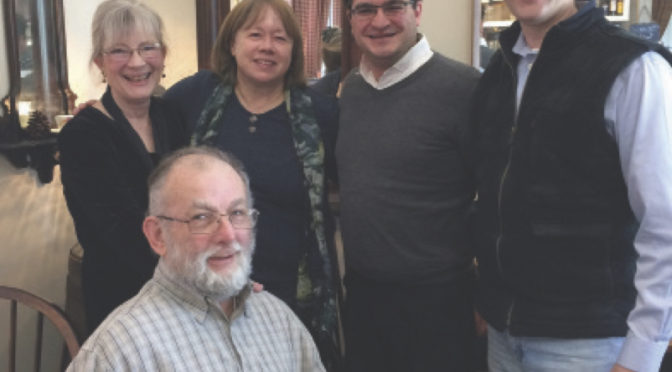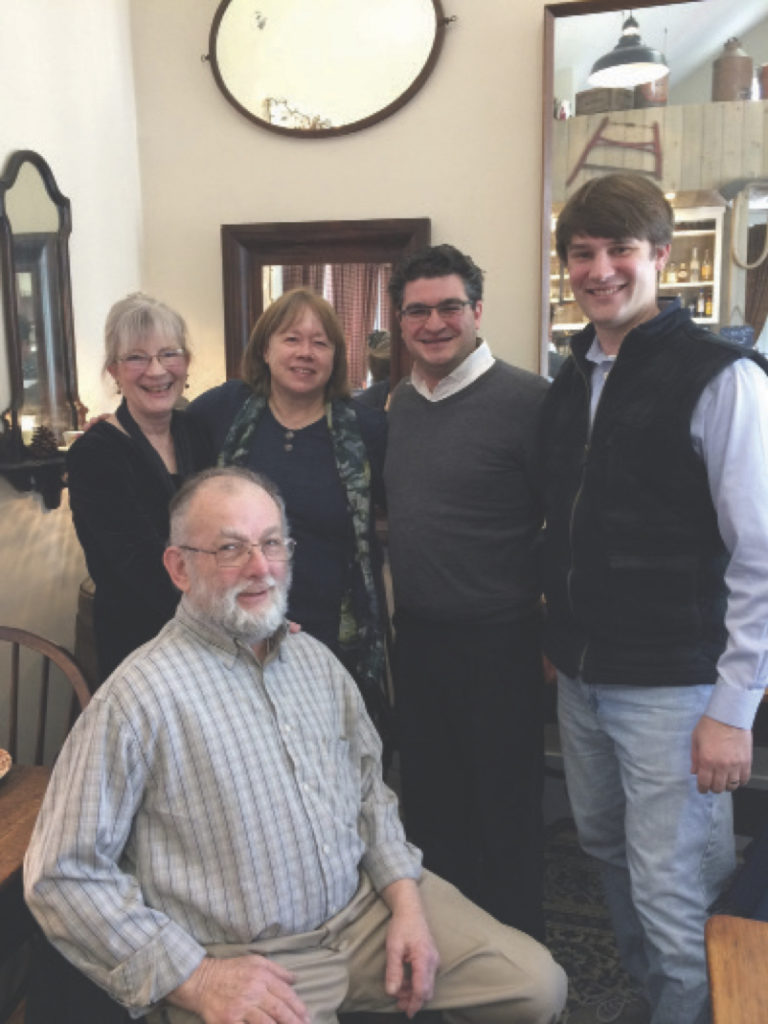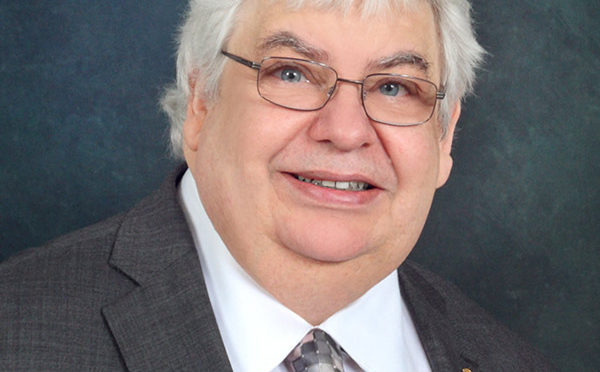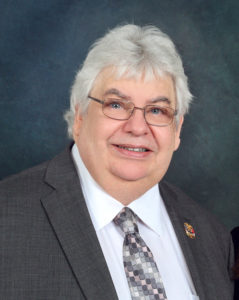The Federation’s negotiations with its bargaining partners in the US and Canada, whether on an industry-wide, single- or multi-employer basis, are a never-ending process. Other than contracts with touring theatrical producers such as the Broadway League, most of our negotiations are with producers and distributors of media content when musicians are engaged to perform electronic media services, whether streamed, broadcast live, or captured for analog or digital distribution.
Our purpose is to improve the wages and conditions, health benefit and pension contributions when we create the content exploited by the producers. We also negotiate for additional compensation when content is re-played or re-used in domestic and foreign analog markets, and when content is distributed digitally by subscription video on-demand (SVOD) or advertiser-based video on-demand services (AVOD).
Our program of collective bargaining and contract enforcement is aggressive, and is accompanied by a member-driven program of concerted activity, led by the Federation’s organizing department with assistance from locals and also with financial support authorized by the International Executive Board.
The Federation’s emphasis in all of its media negotiations is streaming, and the potential of digital distribution to provide new money for musicians whose services are embodied in streaming content, and also for our residual and benefit funds. Media consumption has transitioned away from traditional physical products such as compact discs and DVDs toward digital formats and streaming. As a result, we are bargaining for our digital future—concentrating on replacing musicians’ declining residual revenue from traditional physical and analog sources with revenue from digital media distribution.
What follows is a thumbnail sketch of negotiations and talks in progress:
Motion Picture TV Film. Film and TV musicians are engaged in a heated campaign toward the studios to obtain and improve industry-standard wages, conditions, and residual payments when content is made for streaming. The Federation and the Alliance of Motion Picture and Television Producers (AMPTP) have operated under a contract extension (with annual wage increases) following the April 5, 2018 expiration of the predecessor agreement.
As major film and television studios prepare to launch their own streaming platforms, they are refusing to bargain a fair deal for the musicians who work for them. Musicians have traditionally received a small portion of secondary-market revenue from the films and TV shows they work on, along with actors, writers, and directors. But, in the production of content made for streaming, the major studios are excluding musicians from their fair share, effectively reducing musicians’ overall pay.
The existing AMPTP agreement covers sidelining, scoring, and music preparation services for theatrical motion pictures and films made for television, whether distributed traditionally or digitally. We will continue to address these concerns when discussions reconvene on November 20 (which will occur after this issue of the IM goes to print). Please visit www.bandtogetherafm.org for the most up-to-date information on our members’ campaign for fairness in the making of content for original streaming productions.
Commercial Announcements (Jingles). The production agreement between the Federation and the Association of National Advertisers and the American Association of Advertising Agencies is set to expire on March 31, 2020. The existing agreement, negotiated in June 2014, achieved significant increases in pay and pension benefits for exhibition of online commercial announcements. However, we expect that discussions next year toward a successor agreement will necessarily focus on an uptick in the licensing of pre-existing tracks by advertisers and their agencies, which has resulted in a reduction in the production and use of new, original recordings for jingle content.
Live Television. Negotiations began in 2016 with the TV broadcast networks for a successor agreement covering musicians performing on all live or pre-recorded television shows, including all late night talk shows, all variety shows such as Dancing With The Stars, awards shows such as the Grammys, and live morning shows where guest artists frequently appear. After five rounds of formal negotiations and additional informal meetings spanning three years, the networks have finally begun to address the Federation’s proposals covering streamed distribution of program content.
Intense concerted activity by musicians working in the TV and film scoring workplace, in an effort to achieve fairness on streaming issues, helped open the door toward more realistic conversations with the producers and networks on those issues. Our next round of negotiations with the networks will occur early next year.
Pamphlet B Agreement. The Federation’s “Pamphlet B” agreement is negotiated with the New York City-based Broadway League and establishes wages and conditions of employment for musicians working on the road in touring theatrical musical productions. The contract is administered by the Federation’s Touring and Booking Division headed by my assistant, Tino Gagliardi, and will expire March 15, 2020.
Historically, Pamphlet B provisions cover only musicians traveling with the show. It does not set wages and conditions for local musicians who are engaged to augment or replace traveling musicians in the cities and jurisdictions where the shows are eventually booked. But beginning in 1992, provisions in the contract were modified and implemented to allow producers to restrict and reduce the allocation of work between local musicians and touring musicians previously governed by local collective bargaining agreements.
The tension in the distribution of touring employment and attempts by producers to avoid hiring local musicians will again figure prominently in our discussions. As the Federation prepares for Pamphlet B negotiations, we will meet with stakeholders to help identify, articulate, and prioritize our members’ needs and develop plans of action to address those needs.










